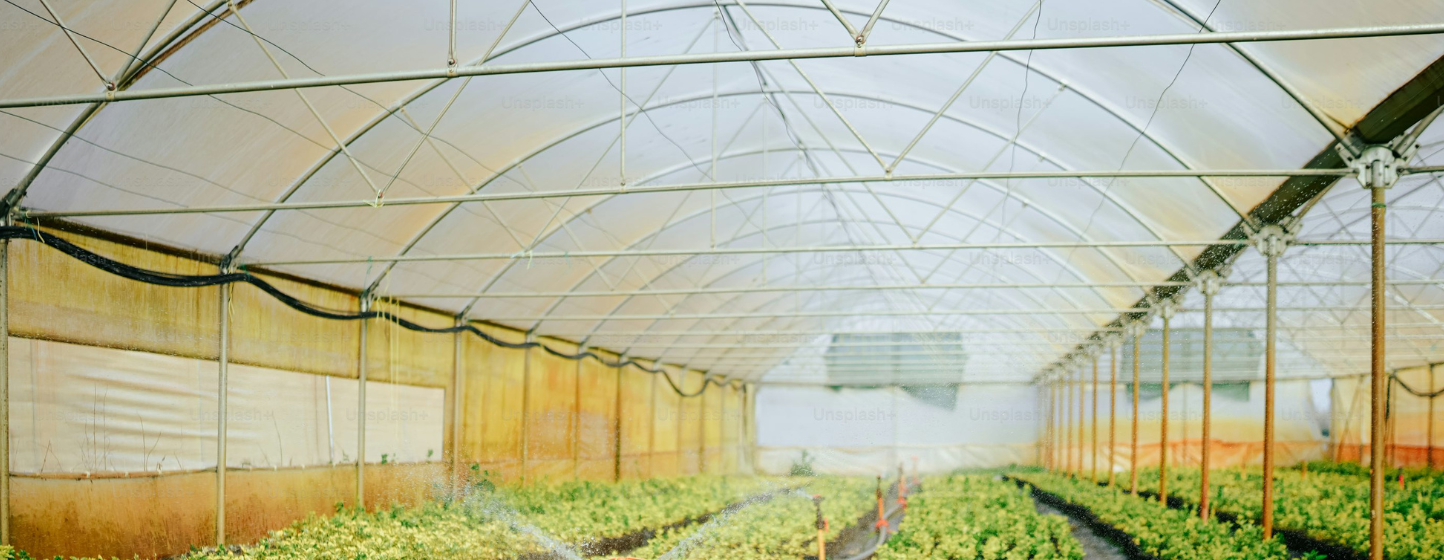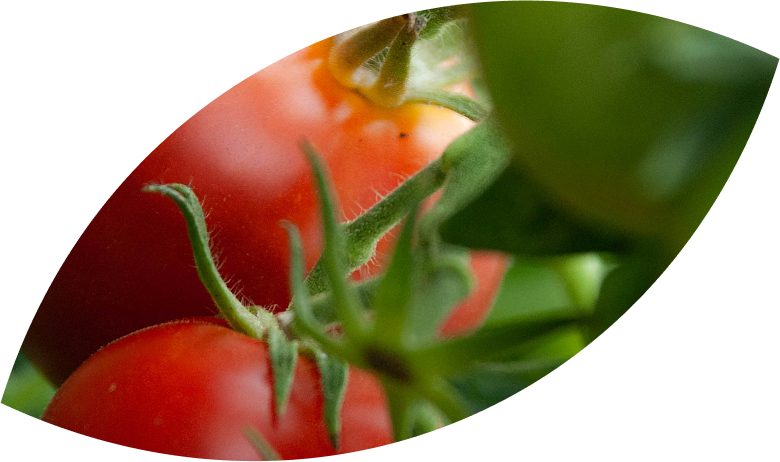
The company received official certification based on ISO standards, confirming that tomato cultivation in an Ultra-Clima® greenhouse results in a significant reduction in CO₂ emissions. This recognition demonstrates that low-carbon cultivation is no longer just a vision for the future — it is already a reality today.
A Reduced Carbon Footprint
The Ultra-Clima® greenhouse demonstrably contributes to more sustainable cultivation. An independent comparative study, validated according to ISO standards, was conducted on tomato production in an Ultra-Clima® greenhouse versus a traditional Venlo greenhouse at one of the Netherlands’ top horticultural sites.
The results are clear: The carbon footprint of tomatoes grown in the Ultra-Clima® greenhouse is 25.4% lower — 0.949 kg of CO₂e per kilogram of tomatoes, compared to 1.272 kg of CO₂e in the reference greenhouse. This substantial reduction is the result of the Ultra-Clima® greenhouse’s advanced technology, which integrates high-efficiency climate systems and a smart CO₂ fertilization strategy. Through the use of renewable energy sources, reuse of captured CO₂, and fertilization using outdoor air CO₂, emissions are significantly reduced. Even better, since this CO₂ source is available continuously, residual heat can be reused to produce carbon-neutral crops.
Multiple Benefits for Growers
Beyond lowering CO₂ emissions, the Ultra-Clima® greenhouse offers numerous advantages:
- Energy consumption reduced by up to 18.5%, directly contributing to a smaller ecological footprint.
- Optimal climate control through a semi-closed design and innovative ventilation, ensuring uniform growing conditions even under extreme weather.
- Reduced water use and lower reliance on plant protection products, improving both food safety and environmental preservation.
Higher yields and improved product quality.
Reduced electricity consumption and greater operational efficiency through intelligent technologies, helping growers adapt quickly to market needs. This technology also supports the agri-food and retail sectors in achieving their climate and sustainability targets.
Independent Validation and ISO Certification
The results of this study were validated by Anthesis, an internationally recognized consultancy specializing in sustainability and environmental analysis. Anthesis prepared the official verification under ISO 14067, audited by an accredited body. This certification confirms the accuracy of the calculations and the measurable environmental impact of the cultivation method.
Wider Impact and Future Potential
In addition to trials conducted at KUBO’s BlueLab test center, Anthesis carried out a second independent study comparing Ultra-Clima® tomato cultivation with the average carbon footprint of Dutch tomato varieties, based on the KWIN report from Wageningen University & Research (WUR). This analysis confirmed that the Ultra-Clima® technology structurally reduces environmental impact, especially compared to the national Dutch average.
Although these results currently focus on tomato production, KUBO anticipates similar positive effects for other crops — including peppers, cucumbers, strawberries, and leafy greens. New studies are already underway to confirm this potential.

